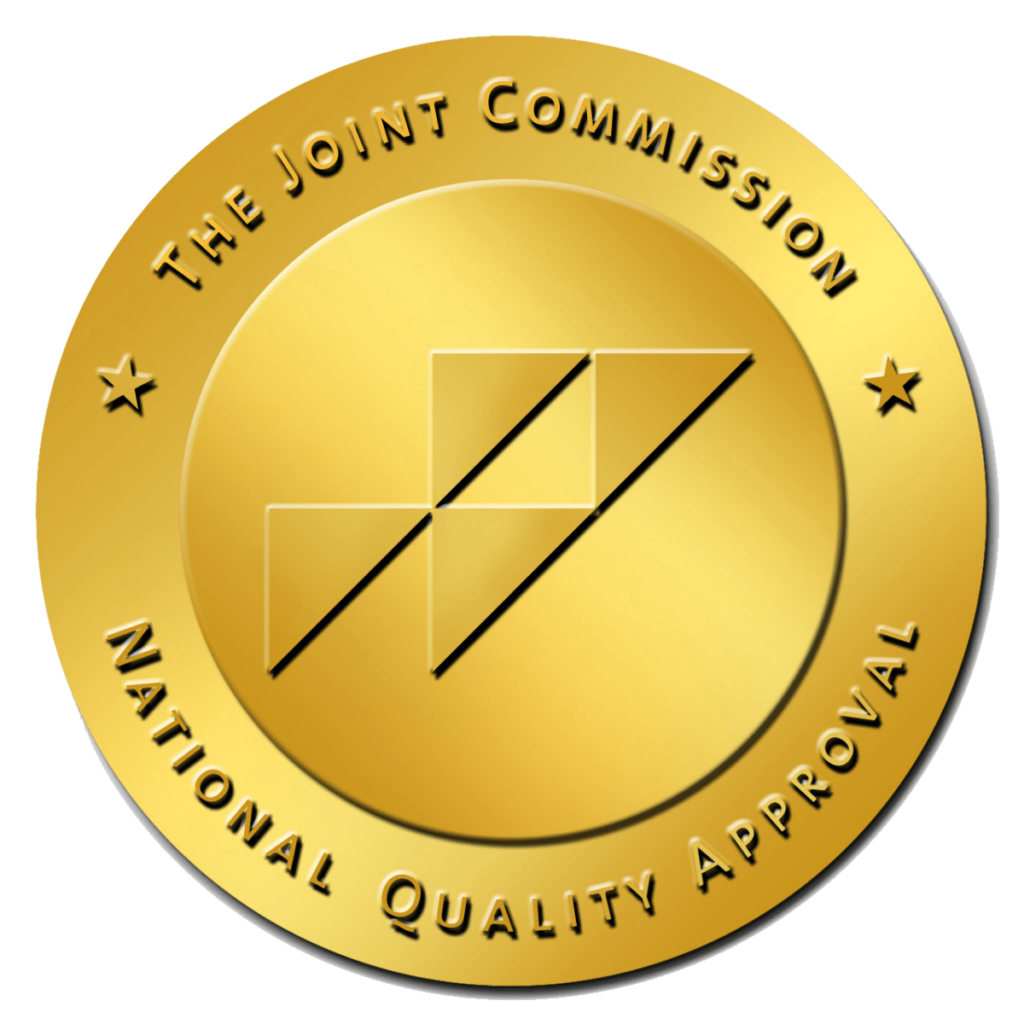Choose Facility
It is a common misconception that mental illness only affects adults. Mental illness affects people of any age, and teenagers are particularly vulnerable. Mental illness can impact teenage development, and it is important to dispel the myths surrounding it.
Here, we will debunk some of the most common myths about teenage mental illness and information on where to find Fresno mental health services.
Myth: Poor Parenting Methods Cause Teen Mental Illness
One of the most upsetting myths about it is the claim that poor parenting is to blame for teenage mental illness. There are many causes of mental health problems in children, adolescents, and adults. Environmental factors that may be linked to issues with mental health include trauma, abuse, neglect, and more.
Other factors are hereditary and just the luck of the draw regarding family members who have experienced mental health illnesses. In either scenario, poor parenting alone is rarely the cause of a child or teen’s mental health issues.
Myth: Teen Mental Illnesses Are Not Common
It might surprise you that one in five teens will eventually face a mental health issue. One of your teen’s five closest friends probably has or will soon develop a mental health disorder. Six of the 30 students in your child’s class might have had mental illness in the past or are receiving treatment right now.
Youth with mental health problems are dangerous, contrary to belief number two.
The idea that persons with adolescent mental illness are violent or dangerous is one of the most common fallacies regarding the condition.
Most people are more likely to be the victim of a violent crime than the offender, regardless of whether they suffer from a mental health condition.
Teenagers, in particular, should not believe this myth because those who suffer from mental problems may be more likely to be bullied or excluded by their classmates. Children and teenagers need to understand that most persons with mental illness are not dangerous.
Myth: Teens with Mental Illness Need to Take Medication
Some parents are hesitant to take their children to a treatment center because they worry they might need to take antidepressants or other medications. It is occasionally true that drugs can significantly help treat severe or persistent mental disorders.
Yet, CBT or other types of treatment frequently have an equivalent positive impact on adolescents. Your child’s mental health professional will develop a personalized treatment plan for your teen based on their particular needs. It may or may not include medication.
Myth: Teens With Mental Health Illness Shouldn’t Take Medication
Many parents are reluctant to give their teenagers medicine because of the pervasive belief that mental health treatments harm children. This is often partially accurate because some antidepressants have been shown to increase the symptoms of depression in some adolescent patients.
Nonetheless, most medications are beneficial and safe when used as prescribed. If your teen is prescribed medication, talk to their doctor about the benefits and drawbacks. Never have your adolescent stop taking the medication abruptly without first visiting a doctor, and always report any side effects.
Myth: Permanent Mental Health Difficulties in Teens
Most mental health problems affecting teenagers can be treated and won’t endure a lifetime, even though some illnesses may resurface at different times. Even those that occur repeatedly have no bearing on a person’s day-to-day activities.
For instance, depressed individuals may exhibit symptoms while they are young, in their early adult years, after having a child, or right before retiring. Even though some illnesses are chronic, with the correct care, they can be controlled.
Myth: Adolescents With Mental Illness Will Recover Without Therapy
One fallacy is that, like a sore throat or a stomachache, teen mental illness usually goes away without therapy.
Unfortunately, this is not always the case. Even though small lifestyle adjustments might lessen the signs of mild depression or anxiety, therapy and, occasionally, medicines are required for a full recovery.
It is preferred to begin treatment as soon as is practical. If your teen shows depression, anxiety, or other mental health concerns, seek early professional help from a teenage mental health facility.
Conclusion
It’s crucial to remember that people of all ages might have mental health disorders. Just like adults, teenagers can experience mental health issues. Therefore, knowing the warning signs and symptoms of adolescent mental illness is critical.
To guarantee that teenagers may receive the care they require without being afraid of being judged, it is critical to dispel common misconceptions about mental health disorders among young people.
It’s critical to remember that mental illness is a serious problem that necessitates professional support and is neither a sign of weakness nor a deficiency in one’s character. With the right help and support from a Fresno psychiatrist, teenagers can lead fulfilling lives while managing their mental health.
Contact Ascend Behavioral Health if you ever require assistance or support from mental health services in Fresno, California. We provide a secure space for you to discuss your issues, and we can assist you in locating the best available treatments. Contact us for Fresno mental health services!

All Rights Reserved © by Sierra Meadows Behavioral Health | Website Sitemap | Privacy Policy | Billing Policy
Certified by the State Department of Health Care Services. Certification Number: 100008AP. Expiration Date: 12/31/2025

